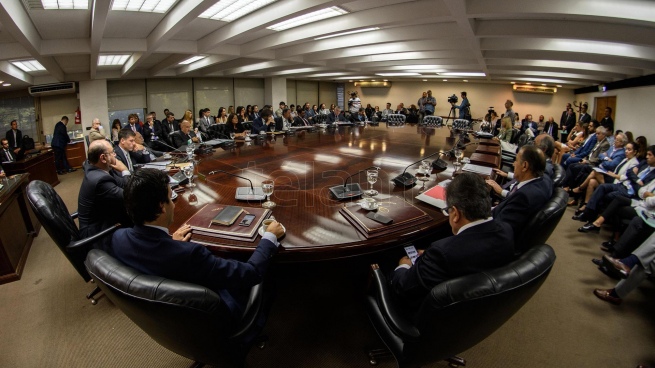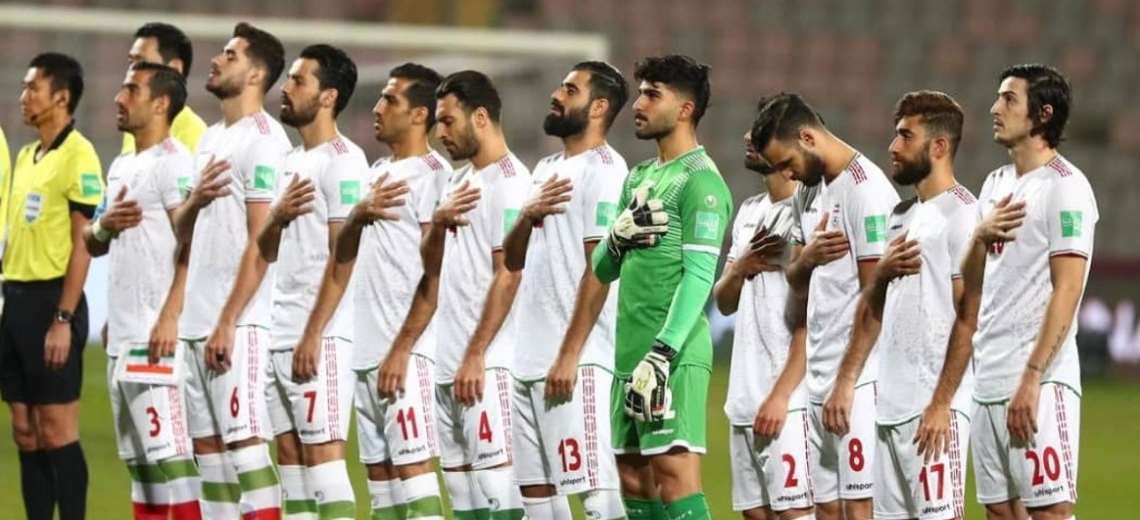The thirteen members of Judicial Councilwhose expiration date by decision of the Supreme Court of Justice will be this Friday, meets from 8 o’clock to define an administrative operating scheme not paralyze the justice system.
“We are going to convene an extraordinary hearing,” announced the president of the body, Alberto Lugones, to his colleagues last Monday at the resumption of the plenary session of the body that brings together all its members and is in charge of the relevant decisions.
the agendaas announced by the prison chamberlain, is made up of the approval of the electoral regulations for lawyers and judges so that they can elect their new representatives and by a resolution so that justice can function administratively until it is integrated as ordered by the Court.
The Council has among its powers the administration of the justice budget and appoints the general administrator of the Judiciary who works under its orbit, with which it must guarantee to be able to make management decisions as of Friday or many of the functions of the system will be paralyzed.
This Friday marks the 120 days that the Court set in December last year as the maximum period for the Council to be integrated with 20 membersand the presidency in charge of the high court, or Congress approved a law in this regard.
Since the ruling came out at the end of last year, the Council has devoted itself to organizing the electoral devices to comply with the sentence, beyond the open criticism of the “meager” term set by the Court.
Last week, the judges chose the civilian Agustina Díaz Cordero and the lawyers Jimena de la Torre and María Fernanda Vázquez, while the Senate gave half sanction to a pro-government project that includes 17 members, without the participation of the Court, and with a more federal operating scheme.
However, and beyond a possible sanction of the law by the deputies that for now appears uncertain, the legislators did not elect their two representatives, one for each chamber, who should join if there is finally no law and it returns to scheme of 20 members that governed until 2006 and that changed to 13 at the initiative of Kirchnerism.
The ruling signed by the four members of the court stated that once the 120-day period has elapsed, the decisions of the Council will be null and anticipating this scenario is that the directors intend to give a legal framework to the transition between one council and another.
All eyes are on the Court and on the eventual call for the new members to be sworn in by the technical bodies and for the president of the highest court, Horacio Rosatti, to assume ownership of the Council as it was until 2006.








